Hungary’s future, even in a 15- to 20-year perspective, could be determined by the question of Ukraine’s EU membership, the Hungarian prime minister pointed out at a public forum in Pilisvorosvar near Budapest. Hungarians always like to talk about how things can get be better, he noted, adding that, however, sometimes we must also look at how things could get worse. This is what the consultative vote is about, he said.
At the forum, Viktor Orban pointed out that Brussels issued an order that Ukraine must join the European Union by 2030. "That’s less than five years away – it’s knocking on the door," he noted. If this happens, everything we've heard about the Ukrainian mafia, public safety, and agriculture could be confirmed, he said.
If someone claims that they will bring the EU funds home and at the same time, support Ukraine's membership in the European Union, they are obviously lying.
Because if Ukraine becomes a member of the EU, there won’t be any money to bring home, he stressed.
The prime minister went on to point out how significant the outcome of the public opinion vote will be in the hands of the government. "I can tell you in all seriousness that if the Hungarian public doesn’t show a strong and clear majority against Ukraine’s EU membership, then we may not be able to protect Hungary’s interests in European forums through the government's power alone," he stated.
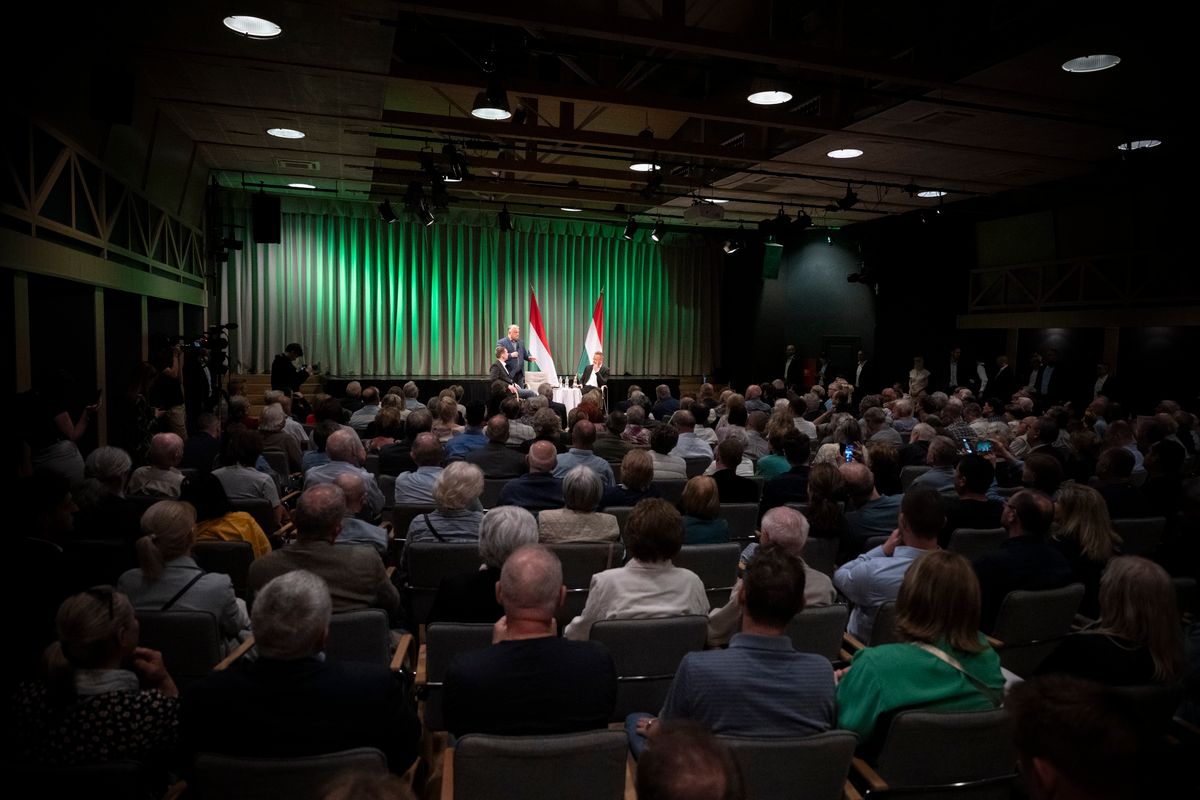
"This time it’s literally true that it won’t work without you. It won’t be easy even with your help. I hope to see you again before the elections, and then you’ll see that I’ll be more worn out than I am now, but
this one will be the toughest and biggest battle of the next six months in the entire European Union, because it will decide the future of the EU,
PM Orban stressed.
An order has been issued that Ukraine must be brought into the EU by 2030, he said. “I’m not even saying that someday, in 20-30-40 years, things couldn’t unfold in a way that Ukraine could meet the conditions for accession without causing damage to the Hungarian economy,” he said. “But I am certain this is not foreseeable within the next 15 years,” he opined. I dare to say this, all the more so because countries are admitted to the EU and are placed in terms of voting rights and financial support, for example, on the basis of their size,” he pointed out.
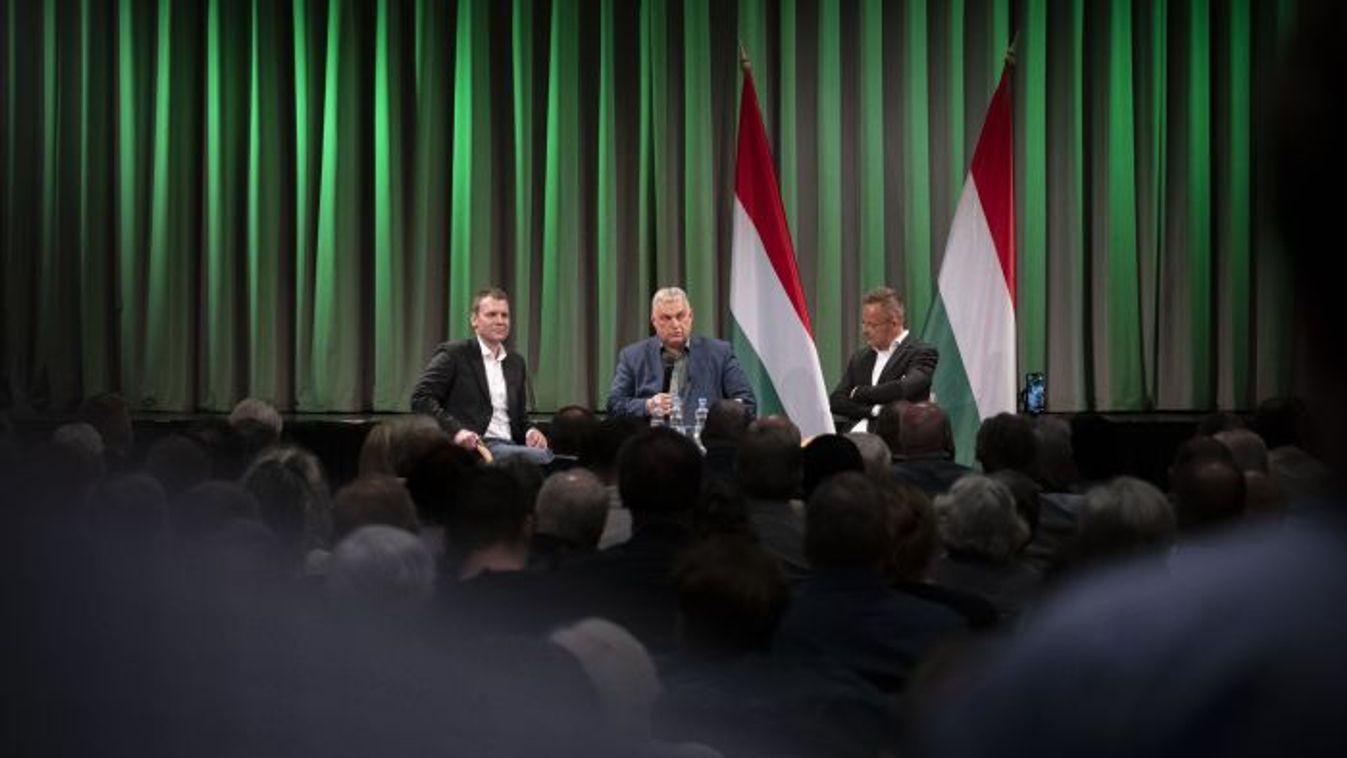
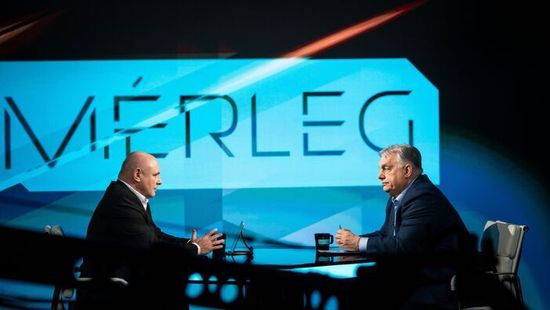


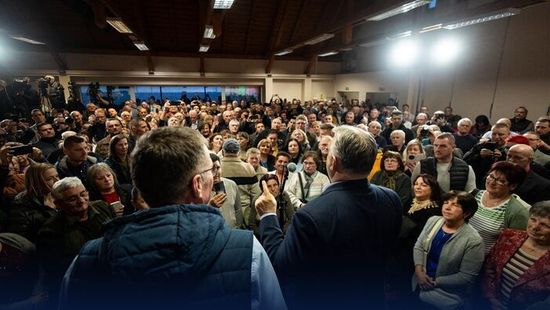

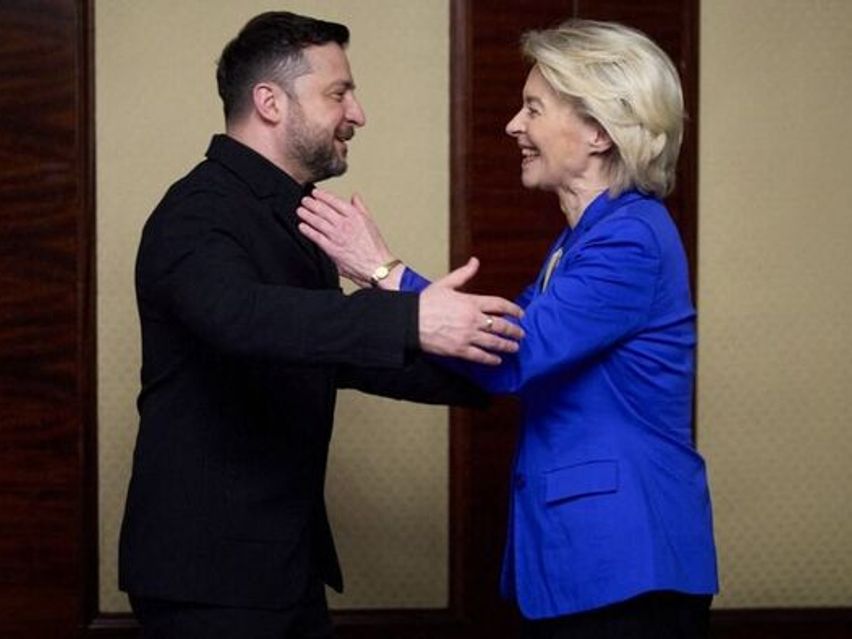
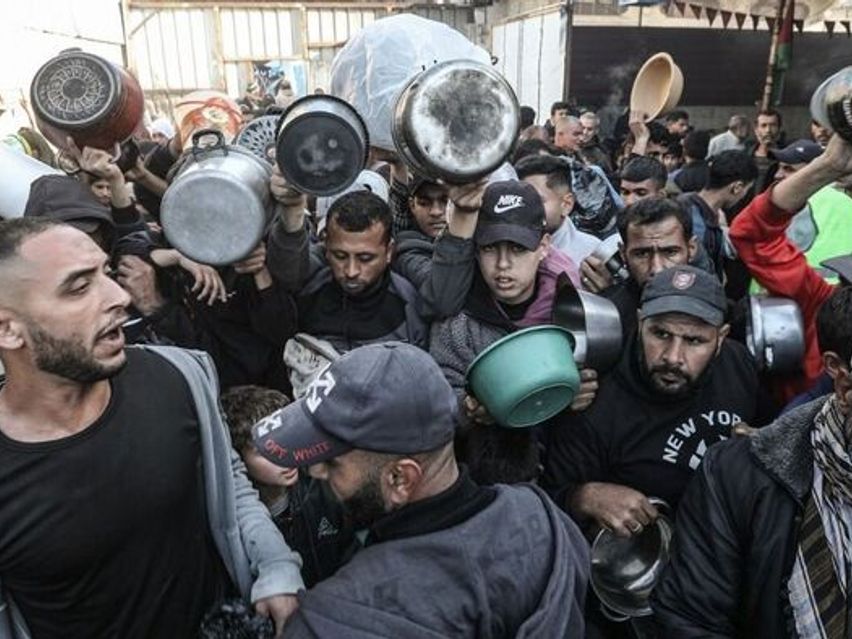
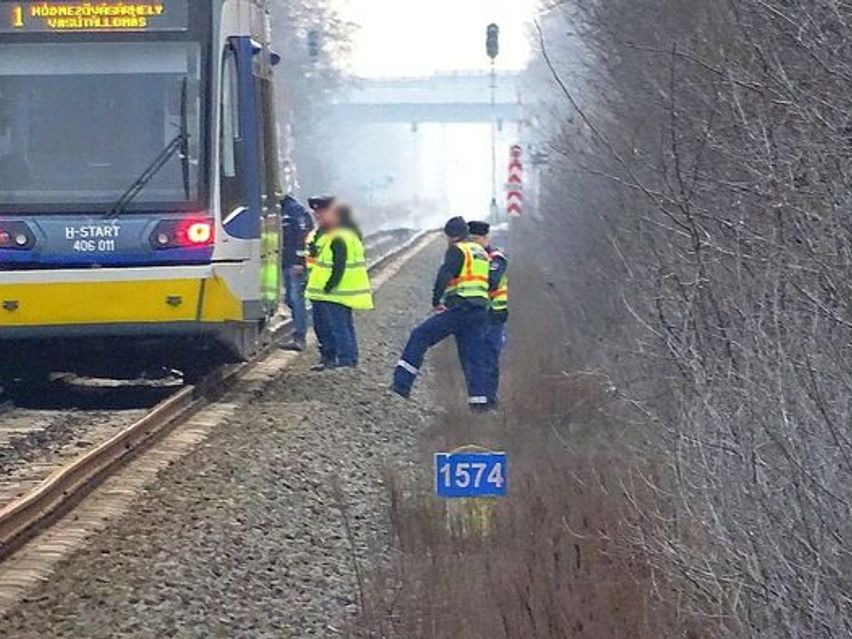
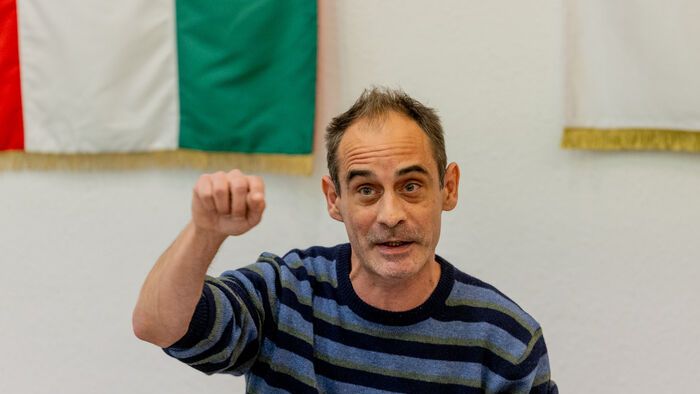

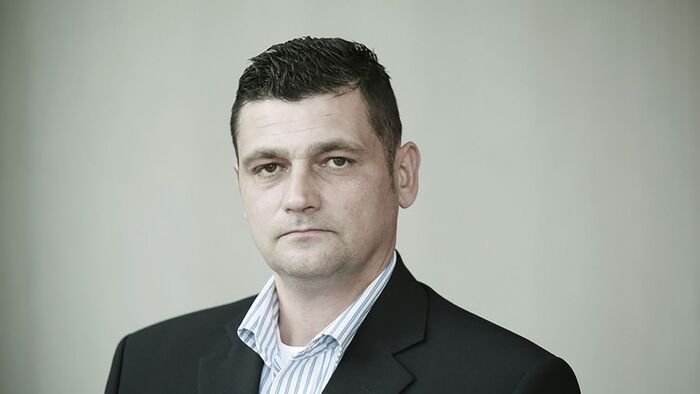




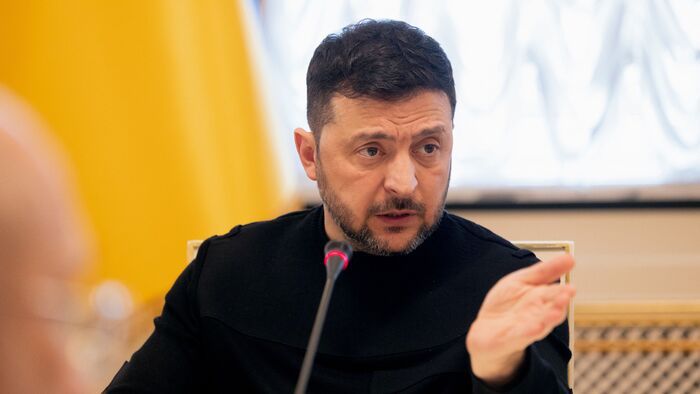
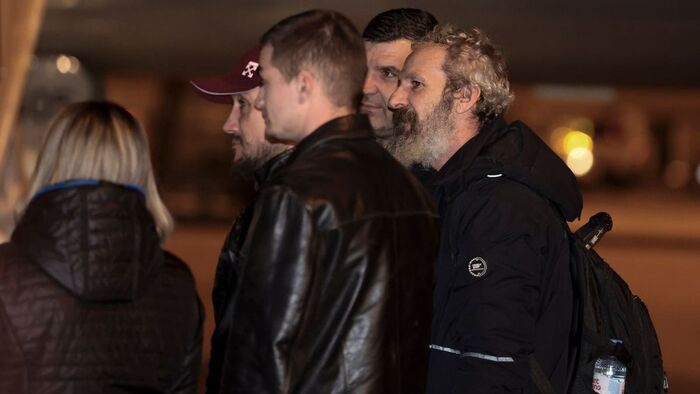


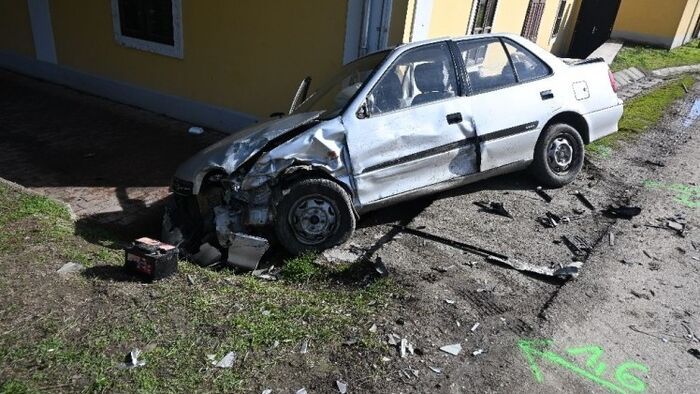

Szóljon hozzá!
Jelenleg csak a hozzászólások egy kis részét látja. Hozzászóláshoz és a további kommentek megtekintéséhez lépjen be, vagy regisztráljon!